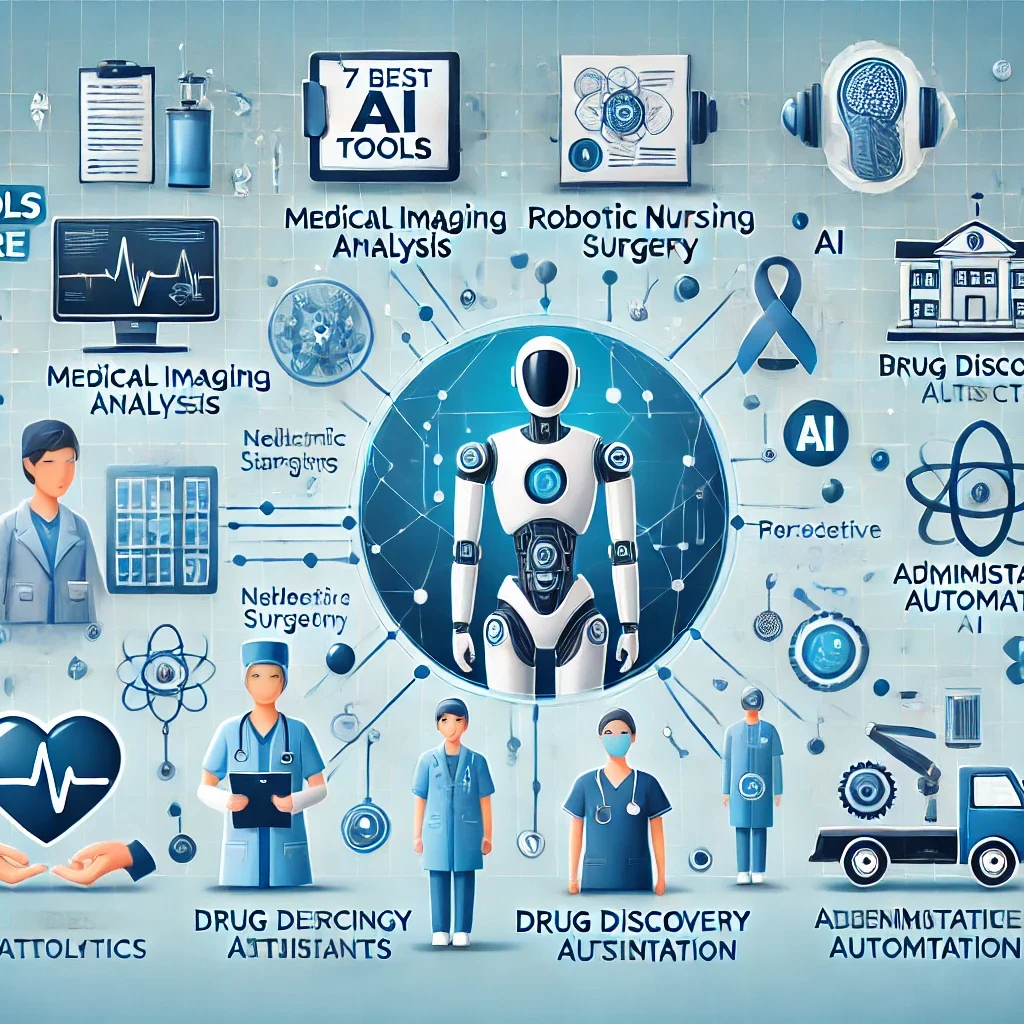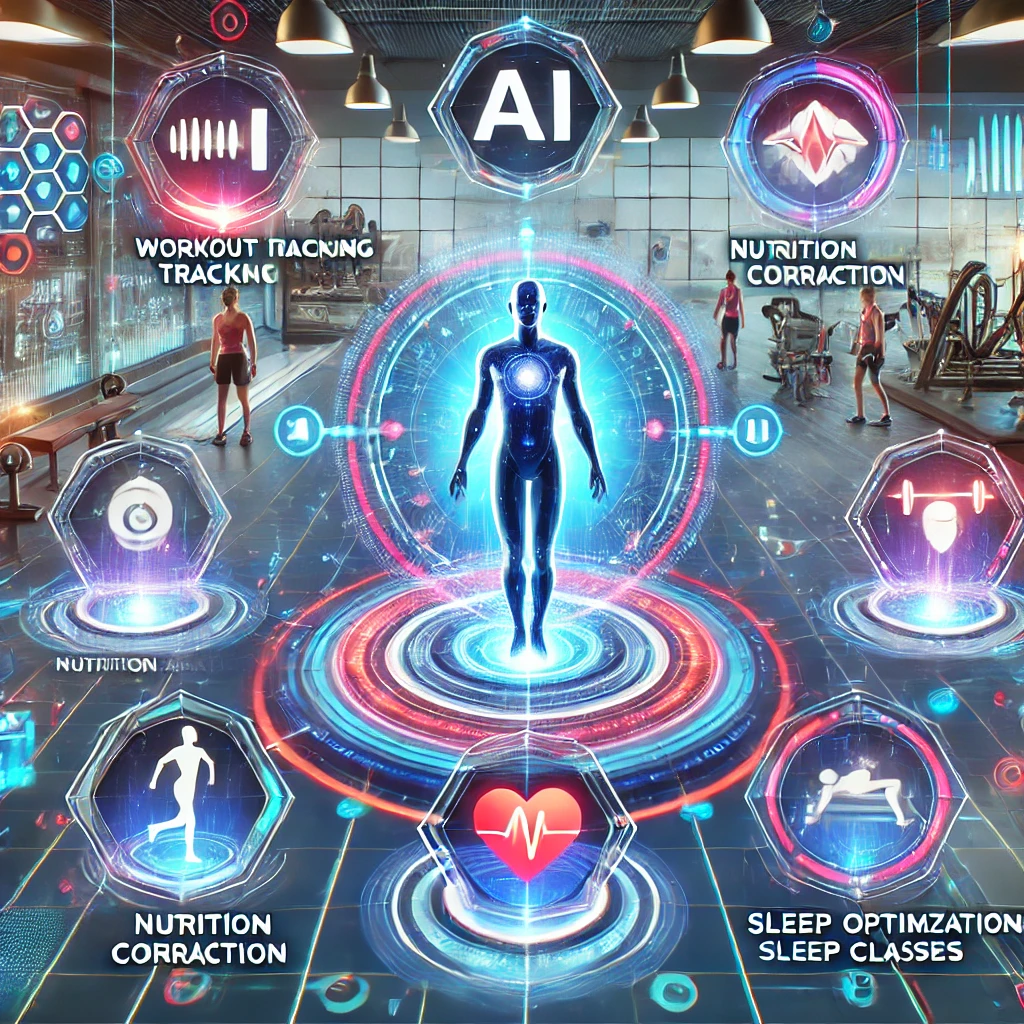Smarter AI Therapy: Utilizing the Best AI Tools
Artificial Intelligence (AI) is helping in the present-day environment, where mental health care is far more crucial than ever. AI therapy tools are improving the speed, accessibility, and even personalization of mental health care. However, how intelligent is AI therapy now, and what are some effective ways to apply it? This article examines how the top AI tools are having an impact and the emergence of smarter AI therapies. AI’s Ascent in Mental Health Services The essential need for easily available support has been brought to light by the global mental health epidemic. The World Health Organization estimates that lost productivity from anxiety and depression costs the world economy $1 trillion annually. Meanwhile, millions more people are unable to get the assistance they require due to a lack of mental health specialists. Let’s talk about AI therapy. AI-based mental health products can bridge the gap by providing immediate support, assisting users in managing stress, anxiety, and moderate depression, according to a 2023 McKinsey report. AI treatment provides additional help at any time and location, but it does not take the role of human therapists. The Operation of AI Therapy Natural language processing (NLP), machine learning techniques, and behavioral data are used by AI treatment tools to communicate with users. They assess moods, provide coping mechanisms, mimic discussions, and recommend activities like journaling, meditation, and cognitive behavioral therapy (CBT) methods. These resources are intended to: • Offer users immediate emotional support; • Assist in the development of constructive coping mechanisms; and • Track trends in mental health over time.Leading psychiatrist and digital health specialist Dr. John Torous states: “AI is a bridge that can help deliver mental health care to people who otherwise might not receive it.” Advantages of AI Therapy Instruments • Accessibility: No appointments are required, available around-the-clock. • Cost-effectiveness: frequently less expensive than conventional treatment. • Anonymity: This enables people to discreetly ask for assistance without feeling judged. • Consistency: AI solutions offer dependable assistance without waiting lists. Although AI therapy cannot take the place of human empathy, it can support conventional approaches and provide many people with a first step toward recovery.The Best AI Therapy Resources You Should Be Aware Of 1. Woebot Woebot, one of the most well-known AI mental health applications, helps users control their thoughts and emotions by having amiable, human-like conversations. Woebot’s methods are based on cognitive behavioral therapy (CBT), which was created by clinical psychologists at Stanford University. After just two weeks, Woebot users reported notable decreases in anxiety and despair, according to a 2017 study published in JMIR Mental Health. Ideal for: Individuals seeking CBT-based direction and emotional support. 2. Wysa Wysa is an AI chatbot that provides evidence-based mental health support using mindfulness, meditation, and cognitive behavioral therapy. If users require more in-depth assistance, it also provides the opportunity to get in touch with human therapists. Ideal for: Reducing stress, reducing anxiety, and fostering emotional fortitude. 3. Replika The purpose of Replika, an AI friend, is to offer emotional support and communication. Users can discuss anything, from serious anxieties to everyday stressors. According to a 2022 study published in the Journal of Medical Internet Research, AI companions such as Replika can enhance emotional health and lessen loneliness.Ideal for: People looking for company and informal emotional check-ins. 4. Youper Youper is an AI-powered app that tracks your mental health through quick chats. It provides guided meditations, emotional tracking, and tailored insights. Ideal for: People who wish to monitor emotions and moods in a scientific manner. Limitations to Consider Despite their outstanding capabilities, AI therapy tools cannot replace certified mental health practitioners, particularly when it comes to serious disorders like significant depression, PTSD, or suicidal thoughts. AI should be seen as an addition to human care, not a replacement, according to the American Psychological Association (APA). Always get professional assistance if you are dealing with serious or ongoing mental health issues. AI Therapy’s Future According to experts, AI therapy will only get more intelligent. More individualized interactions based on your individual history; real-time emotion detection via speech and facial recognition; and improved partnerships between AI technologies and human therapists are some potential future advancements. The objective of AI therapy is still to close gaps in mental health care and provide users with improved mental health tools as it develops. “AI won’t replace doctors, but doctors who use AI will replace those who don’t,” states prominent digital health expert Eric Topol. The same is true for therapists and even people who are looking for mental health assistance. Conclusion: Human Heart, Smart Tools More intelligent When it’s most required, AI therapeutic tools provide accessibility, hope, and support. These technologies, which range from Wysa’s emotional coaching to Woebot’s amiable talks, are assisting millions of people in managing their mental health in a world that is changing quickly. But the human touch—compassion, understanding, and attentive listening—can never be replaced.We can build a future where mental health care is more accessible, encouraging, and successful for all by integrating AI technologies with conventional therapy when necessary. To read more about AI related articles and explore thousands of AI tools, may visit https://trendingaitools.com





